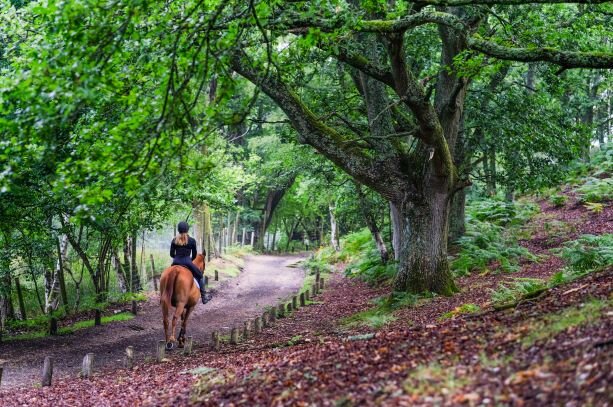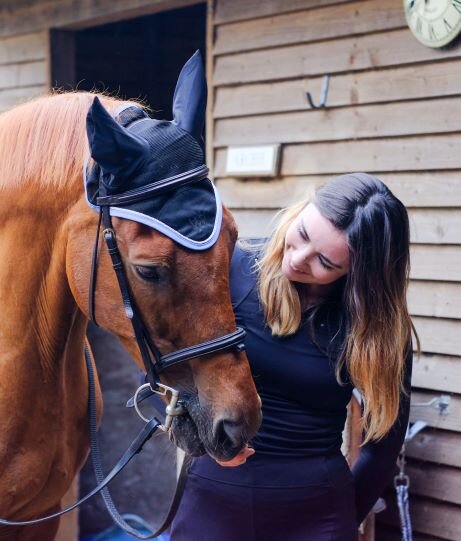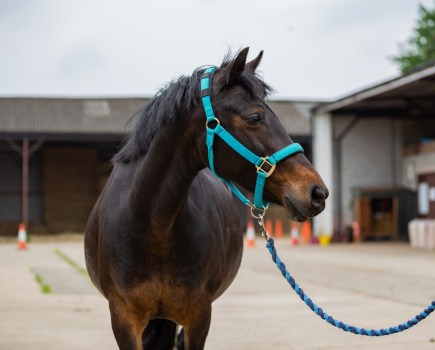Those looking to purchase a new horse have been warned to take care and not rush their decision amid the “booming” market.
Rider, owner and solicitor Ellen Shipton issued advice to those on the lookout for a new equine companion, so as to avoid making an unsuitable choice or falling prey to an unscrupulous seller.
Ellen, of Ellis Jones Solicitors, said their had been an increase in people buying horses in recent months, which appears to coincide with the end of the first lockdown.
“[This] is likely due to a combination of people’s working arrangements changing and having more time on their hands,” she told Your Horse.
“This is a trend that is visible across all pet industries — purchases have boomed. We just need to hope that people have done their due diligence carefully and that a lot of these pets don’t get sold on, placed in a shelter or even abandoned when things begin going back to ‘normal’.
“As people with horses will know, they are very time consuming and very expensive therefore buying a horse should not be a decision that is taken lightly.”
Ellen said with increased purchases comes increased issues, which can range in their complexity.
“It can be something considered more harmless, for example the horse hasn’t been taught something which can then be worked on, to something more significant, such as the horse being lame and unrideable,” she said.
“It’s important to approach any purchase with an open mind and not be afraid to ask questions. You need to be assertive with what you need from the horse and take care not to be swayed by the horse’s looks or even their ability, which may exceed your own.”
Ellen advised seeking a second, or even third, opinion and to not be embarrassed to bring a professional to viewings and to have a vet check the horse.
She also urged buyers to secure information from the seller in writing, favouring text messages or emails over telephone calls.
“If you do discuss something over the telephone, make sure you follow it up in writing,” she said. “Getting a written sales or purchase agreement is always beneficial too as it will provide you with a physical written document to rely on later should you need to.”

Ellen has owned 21-year-old Sicoy since he was 5
Buyer beware
It can be tempting to try to snap-up a desirable horse as quickly as possible, but this can lead to important issues being overlooked.
“At the moment, because the horse market is booming, I think a lot of people are rushing into purchases that they would otherwise think about more carefully,” continued Ellen.
“Good horses within a certain price range are being snapped up extremely quickly which makes people more likely to rush ahead with their purchase and unscrupulous sellers may try to take advantage of this.
“If something doesn’t sound right, or sounds too good to be true, do some digging and be extra careful. Often in these situations there is more to be found and something is being hidden.”
When you buy a horse privately, as opposed to buying from a dealer, the principle of caveat emptor (buyer beware) applies, adds Ellen.
This means that the onus is on the buyer to consider your purchase and make the relevant enquiries. Similarly to buying a car, in accordance with the Consumer Rights Act 2015, you have more protection purchasing from a dealer than you do purchasing from a private individual.









